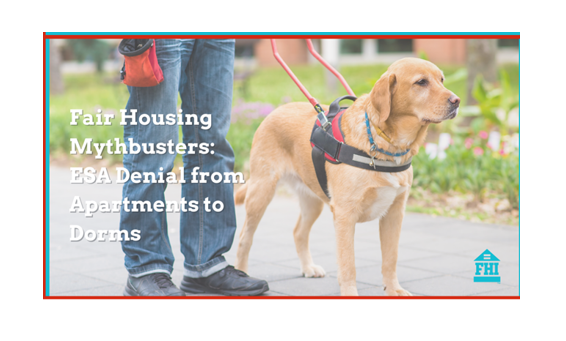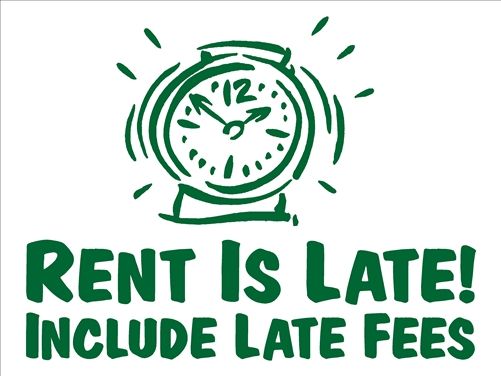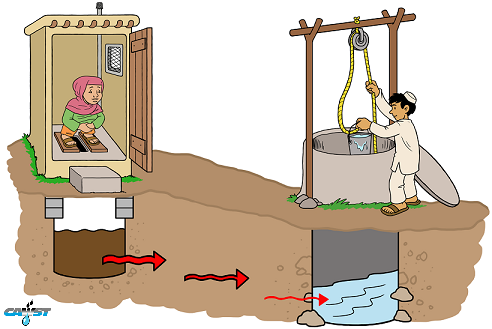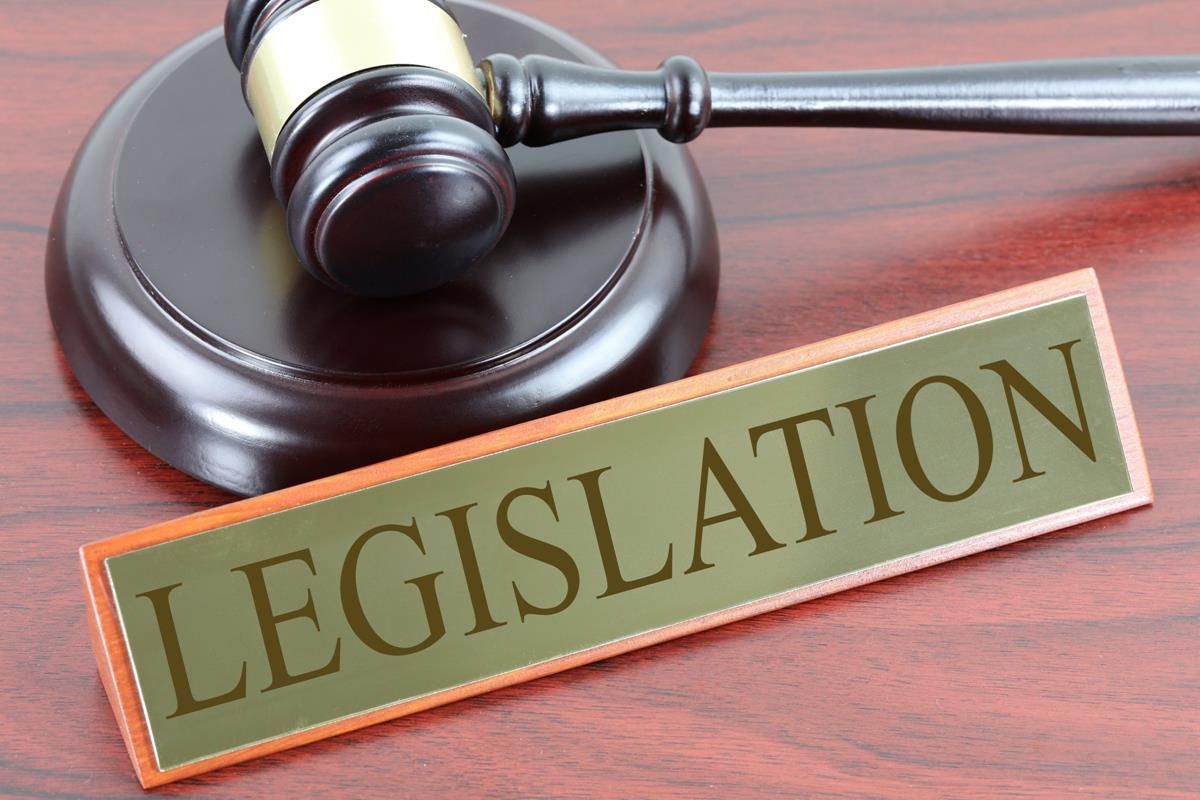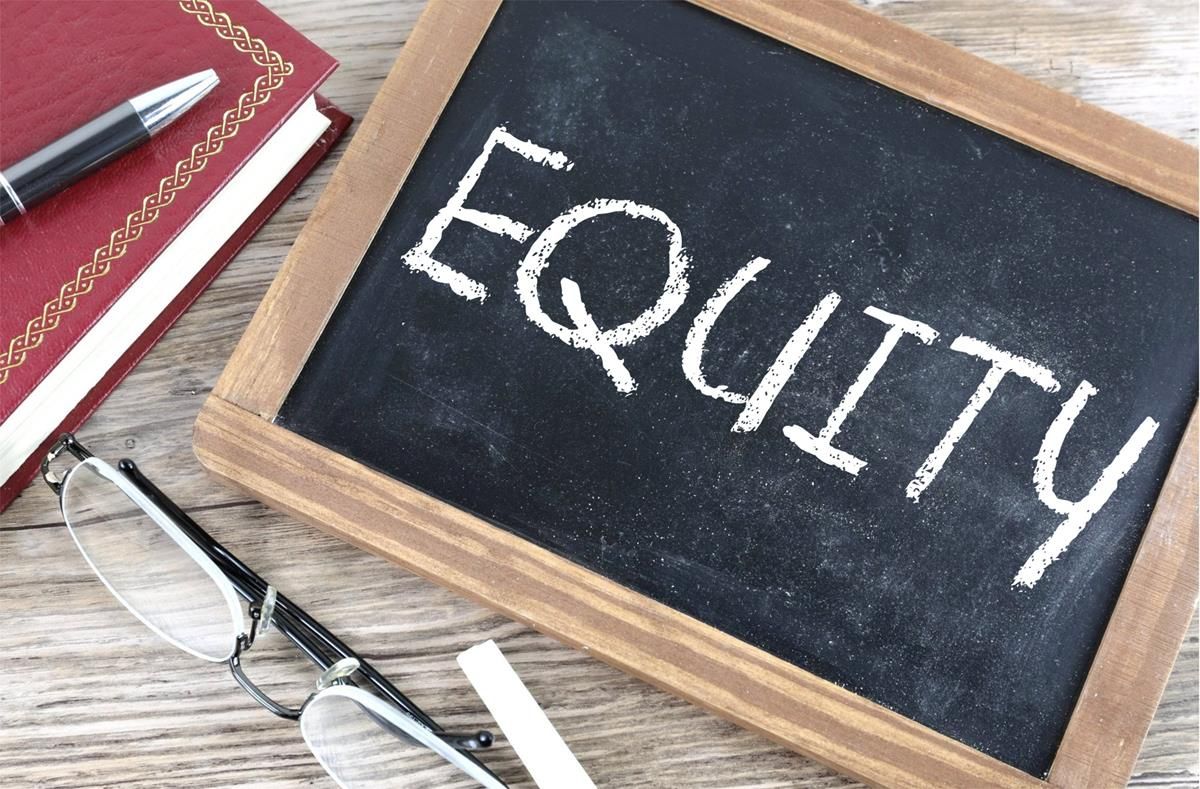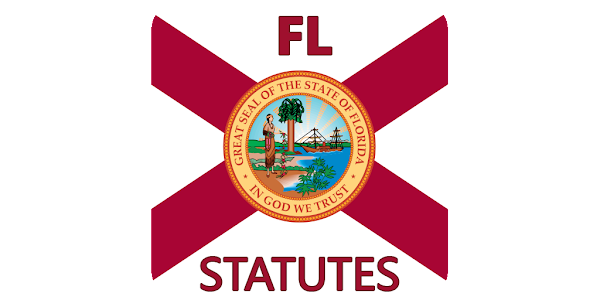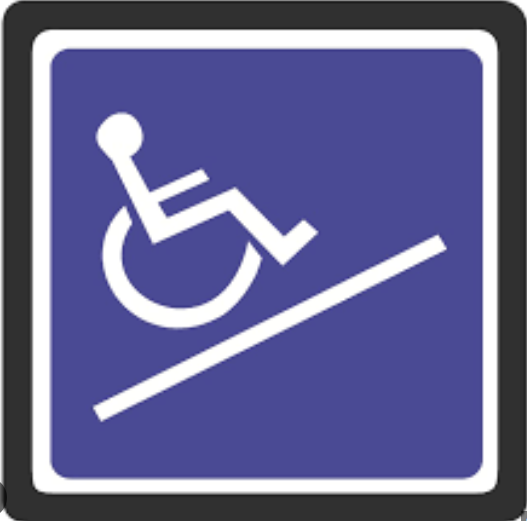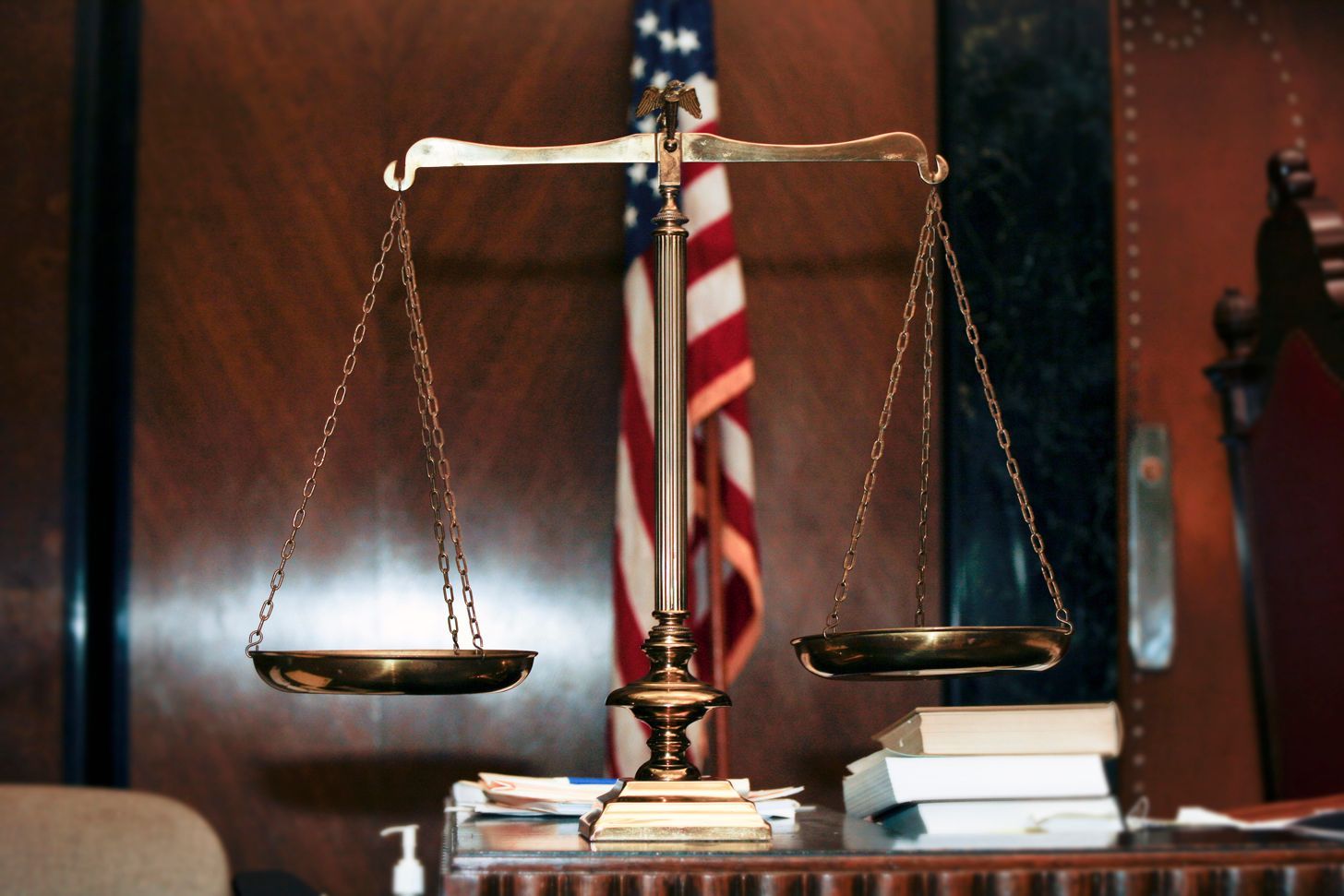
What is Waiver?
It is very common for landlords to overlook the fact that their tenant, contrary to the terms of the lease, habitually pays the rent late or makes partial payments. Neither of these practices are good but it could be worse than you think.
There is a term in law called Waiver. (Now, keep in mind, even though I am going to discuss a legal term, you must remember, I am not a lawyer, I can’t give you legal advice, and this email may be worth exactly what you paid for it).
That said, here is a definition of Waiver according to Attorney, Harry Heist (Click Here For Complete Article)
Waiver occurs when a person relinquishes or surrenders his rights or privileges. It can be voluntary or involuntary. The “voluntary” waiver situation occurs when a person signs an agreement relinquishing his rights or privileges. Courts will generally uphold voluntary waiver agreements outside of the landlord/tenant context, if the agreement is very specific as to the nature of the rights being waived” by the parties. However, as you will see later in this article, waiver provisions in leases by no means assure you that resident cannot bring forward a “waiver’ claim. By contrast, the "involuntary” waiver scenario takes place when the law deems that you have lost your right to defend a legal action or sue to enforce your rights because of some prior action on your part.
In some cases, this could mean that a landlord may lose his right to demand payment, as described in the lease, if in the past he has accepted late or partial payments. This could give your tenant a defense if you try to evict him for delinquent payment. The defense being: “He let me pay late before, I thought it was OK.”
This could also be true of various “non-compliance” such as unauthorized persons living in the property, unauthorized animals, etc. If you learn about it and do nothing you might lose your right to demand the tenant cure the non-compliance.
A remedy may be this form titled “LATE OR PARTIAL RENT PAYMENT POLICY, WARNING AND NOTIFICATION”. It notifies the tenant that the provision of the lease which they have not kept (late rent payment, etc.) must be kept in the future. The form may help you avoid the defense described above.











